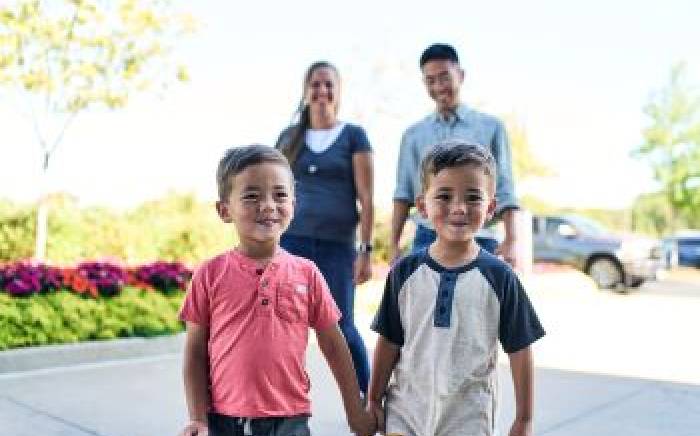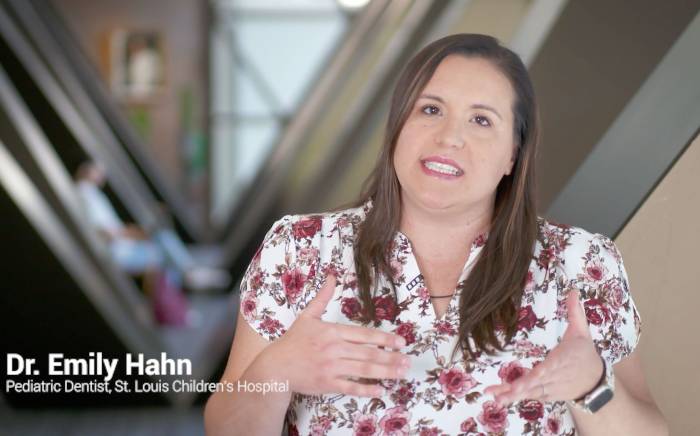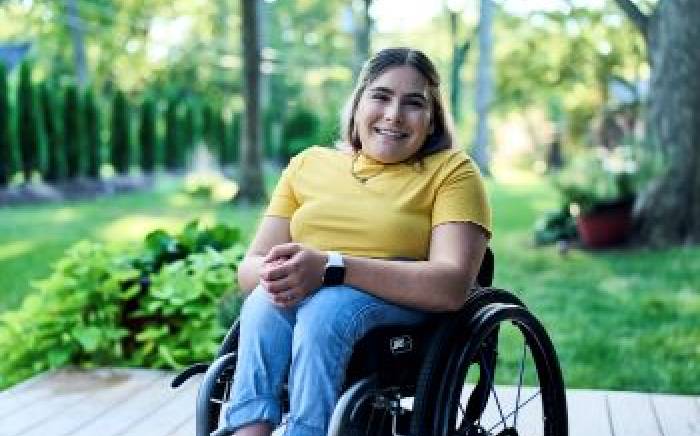Just a week after Latoya Evan s and Arushus (Mike) Coleman celebrated news they were expecting a second child, joy turned to concern when they learned Latoya had breast cancer. She underwent a lumpectomy and then, after discovering the cancer had spread, a mastectomy.
s and Arushus (Mike) Coleman celebrated news they were expecting a second child, joy turned to concern when they learned Latoya had breast cancer. She underwent a lumpectomy and then, after discovering the cancer had spread, a mastectomy.
Unbeknownst to Latoya and Mike, another trial lurked. During a 23-week ultrasound, doctors diagnosed their baby with a congenital heart defect.
“Any concerns and worry about my health were put on the back burner that day,” Latoya says. “I knew I needed to be strong for my baby.”
At the St. Louis Children’s and Washington University Heart Center, clinicians have long recognized the emotional toll on families who learn their baby will be born with a heart defect. “Yet, because we are so focused on the medical end of things, we can easily forget to check in with families to see how they are doing emotionally,” says Kym Galbraith, RN, nurse coordinator.
In fact, Latoya reports that during the first few weeks of Ari’s struggle, which included surgery on her heart shortly after birth, she broke down every day. She, like other parents of children treated at the Heart Center, could never feel rested or at ease while seeing her newborn being put through so many medical procedures to keep her alive.
Having experienced those challenges first-hand, Mark and Jennifer Hinkle, founders of the Ollie Hinkle Heart Foundation; and Jared and Adrianne Neville, founders of Eden’s Army, joined forces to bring the robust Perinatal Behavioral Health Services program at Washington University School of Medicine to the Heart Center. This service, which already has been successfully implemented by the hospital’s newborn intensive care unit, allows the hospital to provide the extra care parents need to develop coping strategies and feel supported emotionally so they can remain strong advocates for their babies.
“Funding for this program is essential,” says Caroline Lee, MD, the director of the Fetal Heart Center (a part of the Heart Center). “Because there aren’t many clinicians who specialize in providing perinatal behavioral health support, it’s vitally important that we increase the access to that kind of care so it can be delivered at the right time.”
As a result of Latoya’s cancer diagnosis and treatments and Ari’s lengthy and complicated hospital admissions, Latoya exhausted the medical leave time granted by her employer. In spite of the extra challenges that come with having to take unpaid leave to attend to Ari’s complex needs, Latoya and Mike credit the Heart Center staff for helping them remain strong, proud and positive, with an unwavering focus on the needs of their family.
“Because of all the support we receive from the Heart Center staff,” says Latoya, “we have never felt the need to give up hope.”









